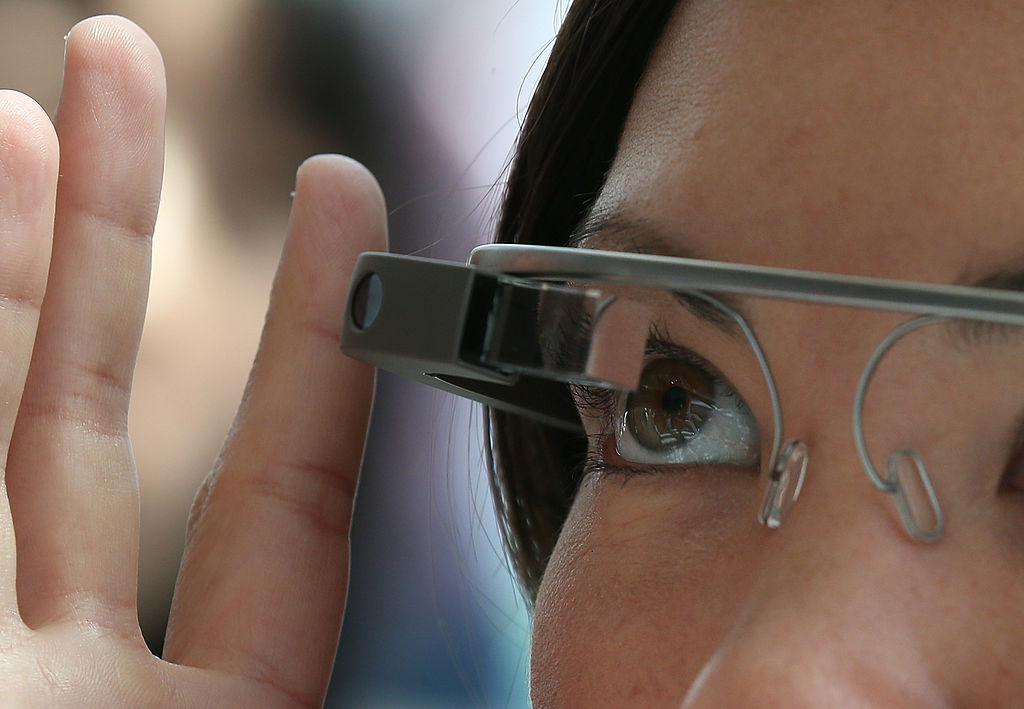Google reinvented Glass for the workplace and it's amazing


A free daily email with the biggest news stories of the day – and the best features from TheWeek.com
You are now subscribed
Your newsletter sign-up was successful
On Tuesday, Google publicly revealed its work on Glass Enterprise Edition, the second life of the company's augmented reality glasses that were discontinued in 2015.
Google EE is specifically designed for the workplace, acting as a visual assistant for manufacturers and doctors employed by companies like Boeing, Volkswagen, and GE. Wired describes assembling products using Glass EE as being "like the difference between putting together Ikea furniture with those cryptic instructions somewhere across the room and doing it with real-time guidance from someone who'd constructed a million Billys and Poängs." The glasses additionally cut down on training time and show massive improvements in output quality.
Watching workers on the floor, you can't always tell how much Glass is integrated into the process. You simply see people getting parts, bolting, ratcheting, and attaching — every so often swiping and tapping the side of their glasses. Once you see examples of what those workers are seeing, though, Glass's advantages become more clear. A typical task at AGCO takes 70 minutes, broken into steps of three to five minutes. When a worker begins a step, it's spelled out on the tiny screen. Menu items offer the options to go to the next step, take a picture, ask for help, and more. When a step is done, the worker says, "Okay, Glass, proceed," and the process repeats. [Wired]
A recent report estimated that by 2025, 14.4 million American workers could be using products like Glass EE. Read Wired's full report on the product here.
The Week
Escape your echo chamber. Get the facts behind the news, plus analysis from multiple perspectives.

Sign up for The Week's Free Newsletters
From our morning news briefing to a weekly Good News Newsletter, get the best of The Week delivered directly to your inbox.
From our morning news briefing to a weekly Good News Newsletter, get the best of The Week delivered directly to your inbox.
A free daily email with the biggest news stories of the day – and the best features from TheWeek.com
Jeva Lange was the executive editor at TheWeek.com. She formerly served as The Week's deputy editor and culture critic. She is also a contributor to Screen Slate, and her writing has appeared in The New York Daily News, The Awl, Vice, and Gothamist, among other publications. Jeva lives in New York City. Follow her on Twitter.
